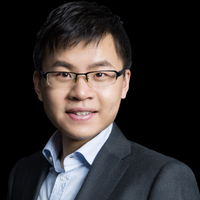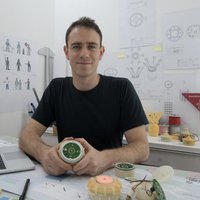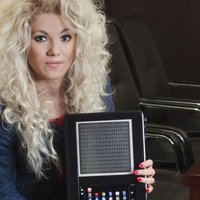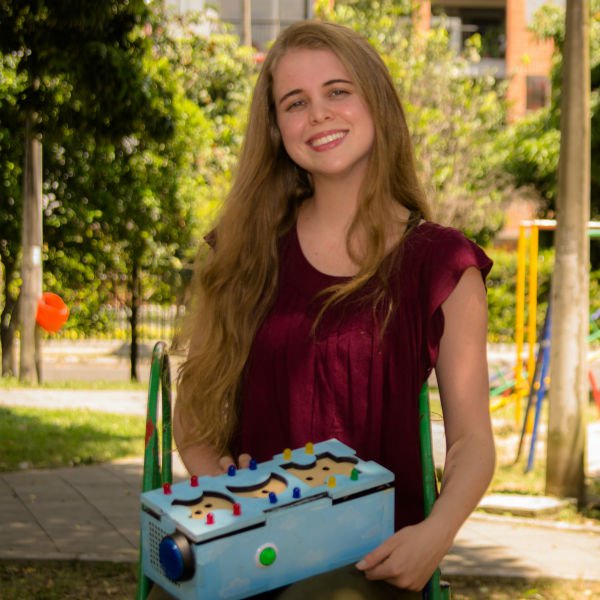The word ijwi in Kinyarwanda, the
most commonly spoken language in Rwanda, means voice. Ijwi is also the name
that the young Colombian Stephanie Valencia chose for one of her initiatives,
which aims to lend a voice to users unable to speak with their own. Ijwi is
designed to offer children who suffer from nonverbal autism, who do not develop
speaking capabilities, and from cerebral palsy a communication channel with
their caretakers, teachers and family in Rwanda.
The Iwji project forms part of a much larger initiative, called Assistive Labs,
which this young engineer and entrepreneur has founded in collaboration with
her partners Alexandra Berrio y Tomás Vega. Together, they aim to democratize
access to assistive technologies by placing them at the service of people who
need them and adapting these solutions to their needs and socio-economic
conditions. The project arose from the discovery that approximately 1 billion
people worldwide suffer some type of disability, of which 80% live in
developing countries, while only 10% have access to the necessary tools and
technologies to improve their living conditions. The social impact of
Valencia´s initiative and its underlying, open innovation model have led to her
inclusion in MIT Technology Review, Spanish edition´s list of Innovators Under
35 Latin America 2017.
Ijwi is comprised of an Arduino microcontroller, RFID tags and a reader,
speakers and a nine-volt battery. The
RFID tags display different pictograms (like a flower, a clock, a child
running) which transmit the information they contain when placed on the reader,
allowing the device to speak the words that the child wishes to convey. Already
tested in Rwanda, the device boasts a low cost - around 40 euros (or 48 US
dollars) - which makes it accessible to families with limited resources. And
the fact that it is battery-powered avoids the need for access to the
electrical grid for charging – one of the primary challenges which the team
faced while putting their concept into practice.
Open source designs represent another fundamental value shared by the
cofounders of Assistive Labs. The designers specifically developed these
devices in a way which allows users who lack a specialized, engineering
education to familiarize themselves with the device, understand it and adapt it
to children´s specific needs, according to the degree of disability, through
manuals and trainings.
The possibilities this approach open up are infinite, something which is
evidenced by the interest shown by the Rwandan Education Ministry and Unicef
Rwanda in the project in order to foster educative inclusion. However, the
reality is that the project needs financing to guarantee the survival of Ijwi,
as do the rest of Assistive Lab´s projects. To date, the team has taken
advantage of alternative financing methods, like crowdsourcing platforms,
grants and awards. In future, Valencia´s team has plans to launch Ijwi in Latin
America, the three cofounders´ native continent. To this end, Valencia explains
that "a great amount of collaboration amongst the various agents
[involved]" will be required. In
the young innovator´s opinion, the project is not just "a health-related,
educative or engineering initiative; it requires collaboration at every
level."
In the short term, the team plans to launch Ijwi in the three co-founder’s
native Latin America.
In the words of the CEO at Halycon and jury member for the Innovators Under 35
Latin America 2017 awards, Kate Goodall, "through the projects she has
developed in the past and continues to develop currently, Valencia has
demonstrated superlative curiosity, tenacity, and with the right resources, she
will achieve great things in the future."




